Purchasing unique ceramic sculptures online has become a popular choice for art enthusiasts and collectors alike....
How to Commission a Custom Ceramic Sculpture: Finding the Right Studios for Your Vision
1. Introduction to Commissioning Custom Ceramic Sculptures
Commissioning a custom ceramic sculpture is a unique and rewarding process, offering the chance to create a one-of-a-kind piece that reflects your personal vision. Whether for home décor, a memorable gift, or a statement art piece, custom ceramics allow for a deeply personal and lasting expression of creativity. Custom ceramic sculptures can range from abstract works to functional art, and the process of commissioning one is an engaging journey of collaboration with skilled ceramic artists.
Commissioning your own piece not only adds a meaningful touch to your space but also supports artists and artisans who specialize in custom ceramics. Working directly with a ceramics studio or individual artist gives you control over design choices, materials, and final appearance, ensuring that your vision comes to life exactly as you imagine.
For those interested in adding custom ceramic art to their collections, this guide will walk you through every aspect of commissioning a piece, from selecting the right studio to finalizing your unique design.
2. The Process of Commissioning Custom Ceramic Art: What to Expect
Commissioning a custom ceramic sculpture typically involves a few key stages. Each step allows you to shape the design while the artist provides insights into materials and techniques to help make your vision a reality.
Initial Consultation: The commissioning process often begins with a consultation, either in person, via video call, or over email. During this stage, you’ll discuss your concept, style preferences, budget, and timeline with the artist or studio. Prepare to share any sketches or inspiration images that illustrate your idea. This conversation also helps the artist understand your vision and the details required to achieve it.
Design and Concept Phase: After the initial consultation, the artist will work on preliminary designs. This may include sketches, 3D models, or a physical mockup. At this stage, you’ll have the opportunity to review and provide feedback, ensuring that the concept aligns with your expectations.
Approval and Project Timeline: Once you approve the design, the artist will outline the timeline for completion. The timeline will vary based on the sculpture’s size, materials, and complexity. Smaller pieces may take a few weeks, while larger or intricate works could take several months.
Throughout the process, you can expect regular updates on the project’s progress. Many artists provide photos or updates on key stages, such as after glazing or firing, so you’re involved in each step of the sculpture’s creation.
For more insight into the commissioning process, see Saatchi Art’s Guide to Custom Art which includes tips for commissioning artworks across various mediums.
3. Finding the Right Ceramic Studio for Your Sculpture Project
Selecting a ceramics studio that matches your vision and style is essential to a successful commission. Finding the right studio or artist depends on researching their specialties, viewing portfolios, and reading reviews.
Researching Artists and Studios: Start by browsing online platforms like Etsy, Artsper, and local galleries that showcase custom ceramic artists. These sites allow you to explore different styles and find artists whose work resonates with you. Yelp and Google Reviews are also helpful for identifying highly-rated studios.
Evaluating Style and Expertise: Every artist has a unique style. When evaluating studios, consider their body of work, the types of sculptures they typically create, and their level of expertise in custom projects. Look for artists whose past work reflects the type of sculpture you want, whether it’s a modern abstract piece or a realistic figurative work.
Studio Specialties: Some studios specialize in particular types of ceramics, like functional ceramics, abstract art, or sculptural installations. Choosing a studio with experience in your preferred style will increase the likelihood that they can bring your vision to life.
For additional guidance on choosing the right artist, Saatchi Art provides insights on working with professional artists in various mediums.
4. Setting a Budget: Understanding the Costs of Custom Ceramic Sculptures
Custom ceramic sculptures vary in price depending on size, complexity, materials, and the reputation of the artist. Knowing what to budget for each element can help you make informed decisions about your commission.
Cost Influences: The size of the sculpture, the materials used (such as stoneware or porcelain), and the complexity of the design significantly impact costs. Artists may also charge more for intricate detailing or unique glaze finishes. Additionally, established artists often have higher rates due to their experience and reputation.
Average Price Ranges: Generally, smaller, simpler sculptures may start around $200 to $500, while larger or more detailed pieces can range from $1,000 to $5,000 or more. Be prepared to discuss your budget during the initial consultation, as it helps the artist tailor the design to meet your financial expectations.
Additional Costs: Beyond the artist’s fee, consider potential costs for shipping (especially for large pieces), installation, and insurance if the sculpture will be displayed in a public or outdoor setting.
For more information on art pricing, see Artsper’s Art Pricing Guide to help set a realistic budget for commissioned artworks.
5. Communicating Your Vision with the Studio: Essential Tips for Success
Clear communication with the studio is key to ensuring that the final piece matches your vision. Here’s how to effectively share your ideas and preferences:
Preparing Your Ideas: Before your first meeting, prepare visual references such as photos, mood boards, or sketches that convey your vision. If you have specific styles or textures in mind, these references will help the artist understand your preferences.
Discussing Style and Aesthetic Preferences: Be open about your style preferences, including color schemes, surface textures, and shapes. If you have a particular finish in mind, such as matte or glossy glaze, or specific colors, discuss these details early in the process.
Providing Essential Details: Clear details help the artist capture your vision accurately. Mention any specific measurements, colors, or symbols you want included. For example, if the sculpture is meant for a particular space, provide the artist with room dimensions or photos of the space for context.
Handling Changes: It’s natural for designs to evolve slightly during the creation process. Discuss with the artist how changes can be handled and at what stage feedback can still be incorporated. This helps prevent last-minute alterations that may disrupt the final piece.
For more on effectively communicating art ideas, Saatchi Art’s Commissioning Guide offers additional insights on ensuring alignment with artists.
6. Additional Tips for Finding and Selecting a Custom Ceramic Studio
When it comes to choosing a studio for your custom ceramic sculpture, here are extra tips to help make the selection process easier:
Finding Studios Online and Locally: Platforms like Etsy and Artsper are excellent places to start your search, as they feature a wide range of ceramic artists who specialize in custom work. You may also find talented local artists by visiting nearby galleries, pottery studios, or by searching Yelp for high-rated studios in your area.
Checking Portfolios and Reviews: Review the portfolios of any studio or artist you’re considering. Look for consistency in quality and artistry in their past work. Customer reviews are a valuable resource as well, as they can give you insight into the artist’s reliability, communication, and quality of work. High ratings and positive feedback are strong indicators of a reputable artist.
Joining Art Networks and Communities: Art communities, such as Reddit’s r/Ceramics group, can be a valuable resource for recommendations and reviews of ceramic artists. Participating in art networks also gives you a chance to learn more about the commissioning process and connect with artists who specialize in custom sculptures.
Verifying Artist Credibility: Research the artist’s background, education, and experience in custom ceramic work. Artists who specialize in custom ceramics often display their certifications or memberships in ceramic art associations, which can help verify their credibility and skill.
For more options on discovering local and online ceramic artists, check out Reddit’s Ceramics Community, where enthusiasts and artists share tips and recommendations.
Leave a comment
Login to post comments


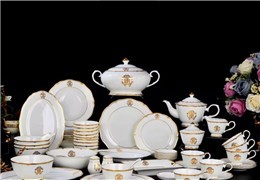

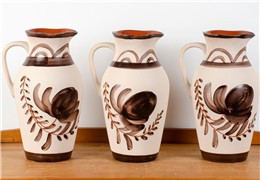
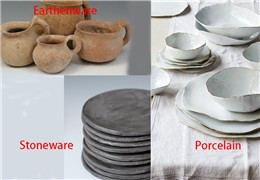
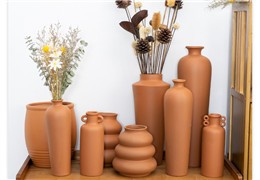
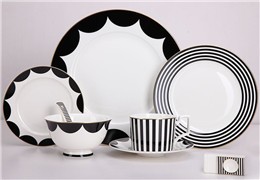

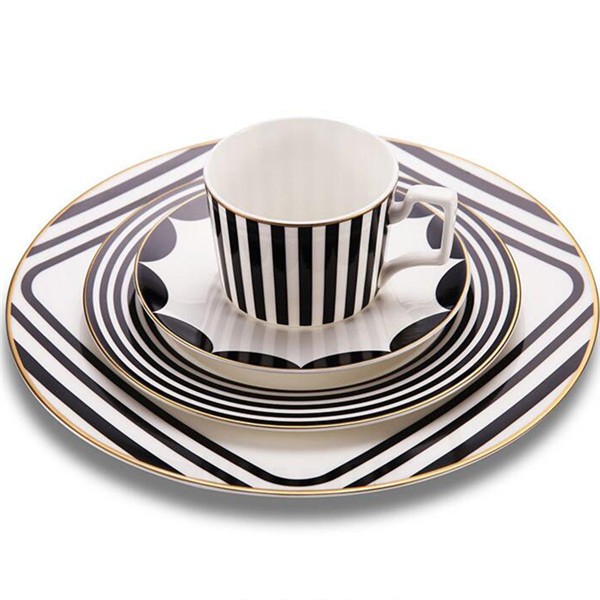
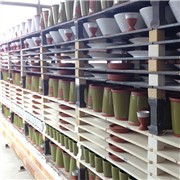
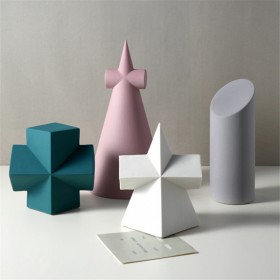
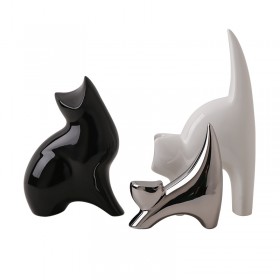

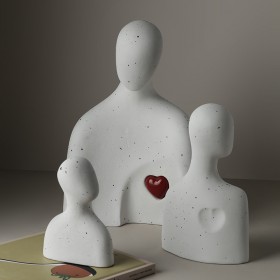

Top authors